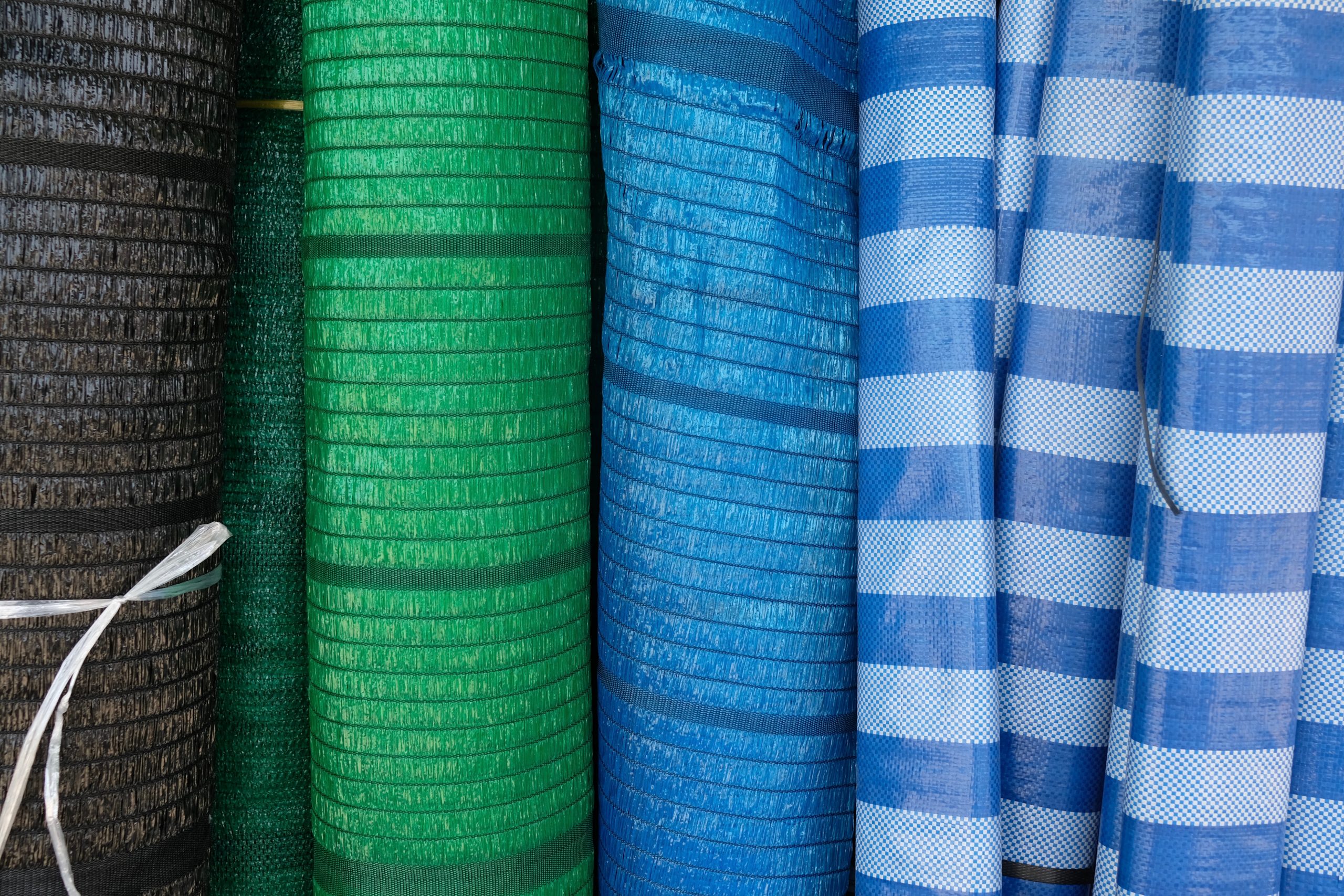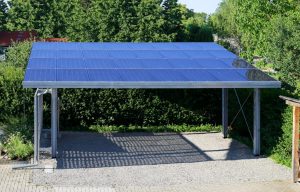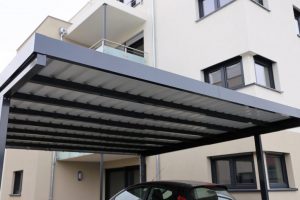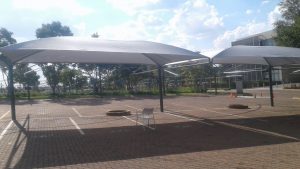Introduction:
Shadeports are an essential part of any outdoor space, providing protection from the sun and rain. However, over time, they can become damaged or worn out, requiring replacement. If you’re in need of a shadeport replacement, consider using shade netting as an affordable alternative to traditional shade materials. In this blog post, we’ll explore the benefits of using shade netting for your next project.
What is Shade Netting?
Shade netting is a type of material that is commonly used for shading applications. It’s made from high-density polyethylene (HDPE) and comes in various densities ranging from 30% to 90%. The higher the density, the more UV protection it provides.
Benefits of Using Shade Netting
One of the main benefits of using shade netting is its affordability compared to other shading materials such as canvas or PVC. It’s also lightweight and easy to install which makes it ideal for DIY projects. Additionally, it’s resistant to mold and mildew which means less maintenance over time.
Another benefit is that it allows air circulation through its porous surface which helps reduce heat buildup under the shaded area. This feature makes it perfect for use in hot climates where temperatures can soar during summer months.
Finally, because shade netting comes in different densities you have control over how much light enters your shaded area while still providing adequate protection against harmful UV rays.
How to Install Shade Netting
Installing shade netting requires some basic tools such as cable ties or rope depending on your application needs. First measure your desired coverage area then cut your chosen size accordingly with scissors or utility knife if needed before attaching with cable ties around poles or posts securely spaced apart at regular intervals along perimeter edges making sure there are no gaps between each tie point so wind cannot get underneath.
Where to Buy Shade Netting
Shade netting is widely available online and at hardware stores. It’s important to choose a reputable supplier that offers quality products with warranties against defects or damage during shipping. Look for suppliers who offer free samples so you can test the material before committing to a larger purchase.
Conclusion:
If you’re in need of a shadeport replacement, consider using shade netting as an affordable alternative. Not only is it cost-effective, but it also provides adequate protection against harmful UV rays while allowing air circulation through its porous surface. With proper installation, your shaded area will be comfortable and protected for years to come!





